On December 11, 2017, I attended an observance of Emily Dickinson’s 187th birthday at the Folger Shakespeare Library in Washington, DC. At the event, literary critic and poet Sandra Gilbert explored ten of Dickinson’s poems of death and grief.
If you were to present just ten of Dickinson’s poems on death and grief, which ten would you select?
Below is the list of poems presented by Gilbert (NOTE: I must have missed one in my notes, so I only have nine of the first lines.)
| * There’s been a Death, in the Opposite House * How many times these low feet staggered * That it will never come again * Two swimmers wrestled on the spar * If I may have it, when it’s dead * Because I could stop not for Death * I felt a funeral in my brain * I heard a Fly buzz when I died *Under the light, yet under |
Well, I have to admit, I relished Gilbert’s selections. She offered a perfect mix of melancholy, morbidity and the macabre. Therefore, I wouldn’t necessarily replace any of the poems she recited. Instead, I would offer an additional ten to augment her program:
After great pain, a formal feeding comes, my favorite poem about grief by Dickinson. “This is the hour of lead,” she wrote in one of the incredible images in the poem.
The last night that she lived, another poem centered on a Victorian death watch. One stanza from the poem reads:
We noticed smallest things, --
Things overlooked before,
By this great light upon our minds
Italicized, as 't were.
This world is not conclusion -- because a “Species stands beyond / Invisible, as Music / But positive, as Sound.”
A Coffin – is a small domain, a short poem that explores the paradox of eternity.
If anybody’s friend be dead, a poem of grief filled with the poignant memories of a deceased friend that “make the Quick of Woe!”
Safe in their Alabaster chambers, one of Dickinson’s “Greatest Hits” about the dead, the “meek members of the resurrection."
‘Tis good – the looking back on grief, which includes the following lines of condolence:
And though the Woe you have Today
Be larger – As the Sea
Exceeds its Unremembered Drop –
They're Water – equally –
Apparently with no surprise, an unforgiving poem about the facts of life. The image where “The Sun proceeds unmoved / To measure off another Day” reminds me of “Out, out,” Robert Frost’s poem about the death of a boy, which concludes, “No more to build on there. And they, since they / Were not the one dead, turned to their affairs.”
She laid her docile Crescent down, a poem which Dickinson referred to as “an Epitaph" about the words and images of a aging gravestone.
Back from the cordial Grave I drag thee, a short and shadowy poem that borders on necromania (see Gilbert’s selection “If I may have it, when it’s dead").
Back from the cordial Grave I drag thee
He shall not take thy Hand
Nor put his spacious arm around thee
That none can understand
This poem does not seem that far-fetched for the Victorian era. For example, an entry from Ralph Waldo Emerson's diary dated a year and two months after his first wife's death indicates that he dug up her grave to embrace her once again.
As a matter of fact, in a Google-search about this, I found the following:
I confess I was astonished to learn that Emerson was so driven by grief over the death of his first wife, Ellen, that he was moved to open the coffin and view her corpse a year and two months after her death….I was also surprised to learn that 25 years after the death of his first wife Emerson would open the coffin of another loved one, his firstborn son Waldo, who had died from Scarlet Feaver at age five. This time it was 15 years after the death, not one year, so the corpse would be even more disintegrated than that of his wife Ellen had been.
Hmm…seems as though I’ve veered off track! Well, it’s time to close anyway, for I hav listed Gilbert’s top choices of Dickinson’s poetry centered on death and grief, and I have picked ten as well.
Did I miss any particular poem on death and grief that you would include?
I’m dying to know.
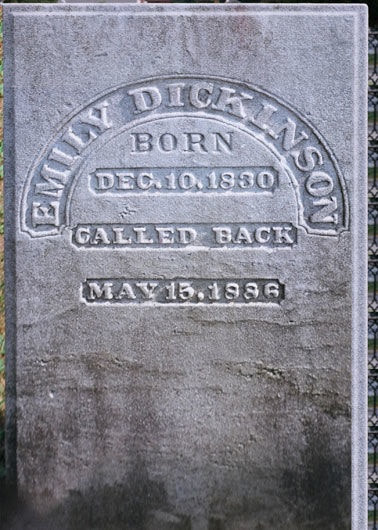
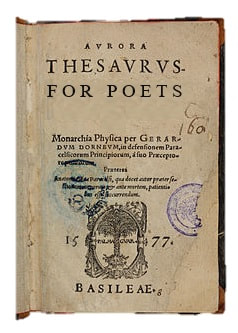

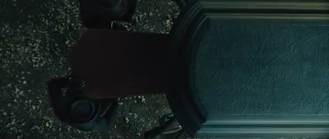
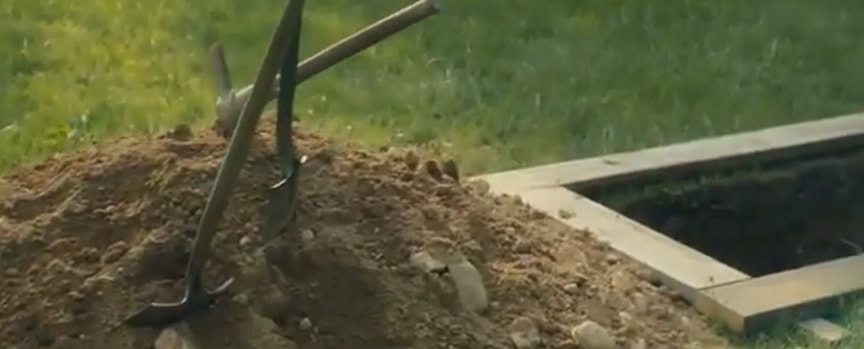
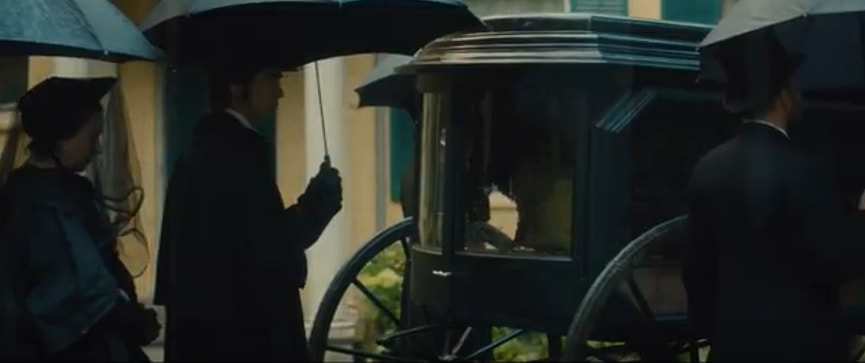
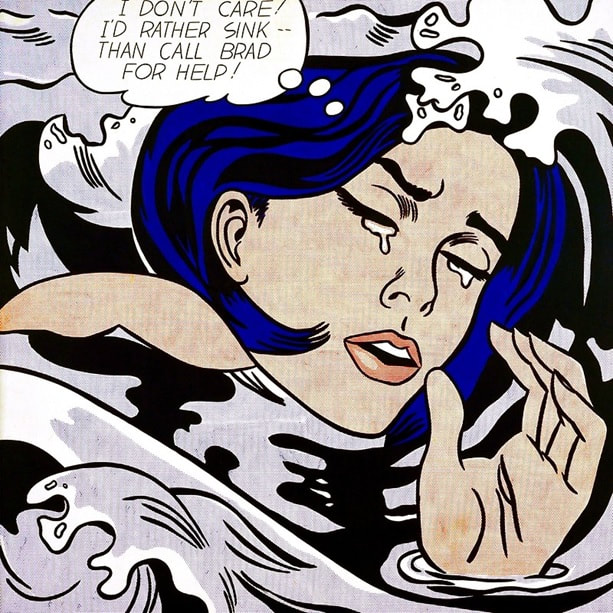
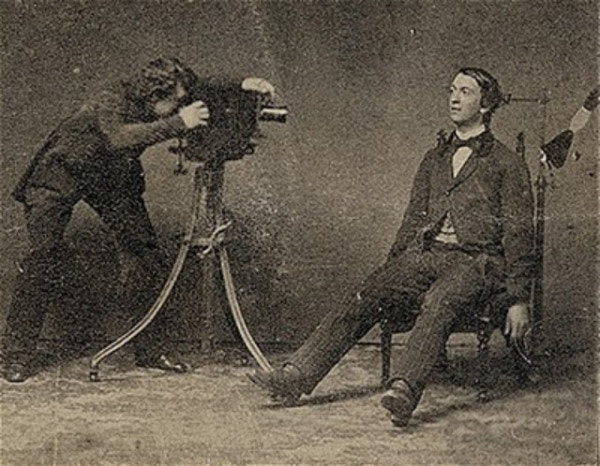


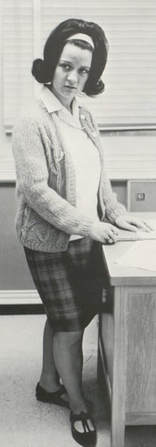
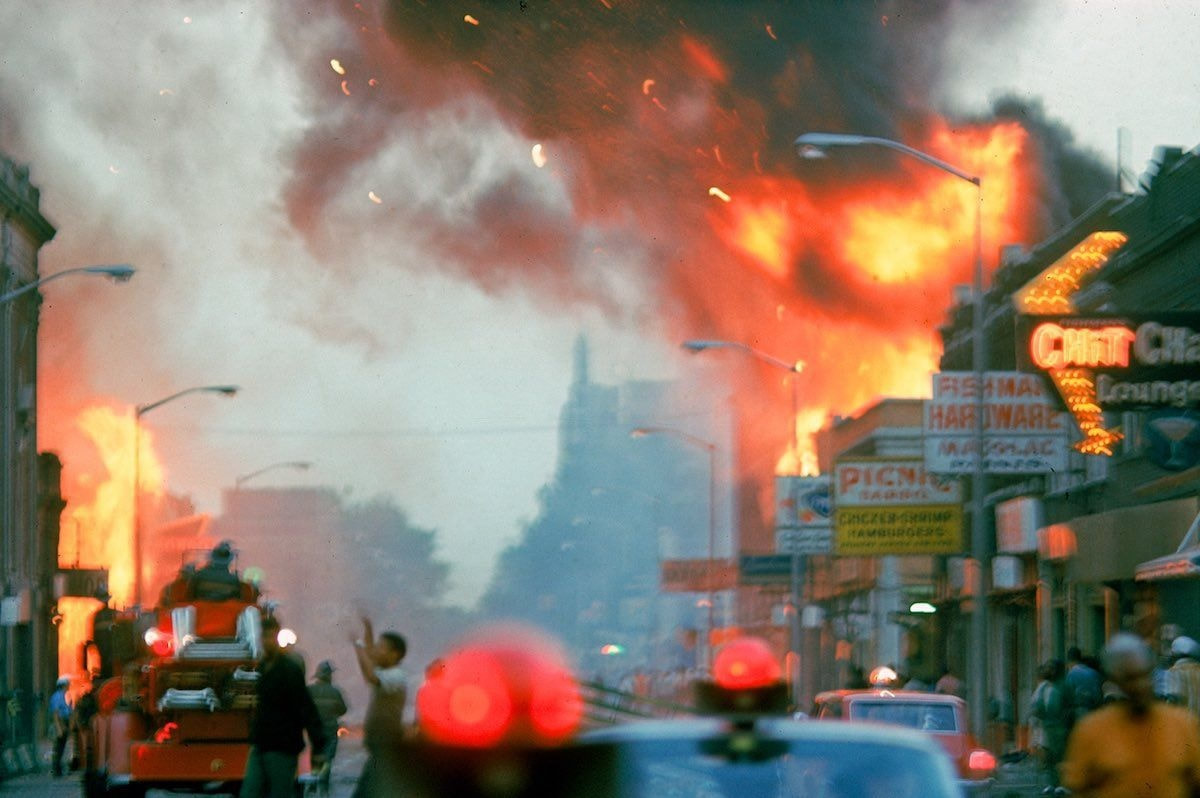
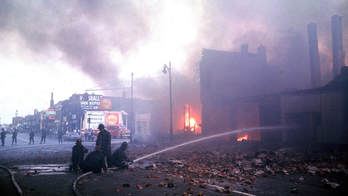
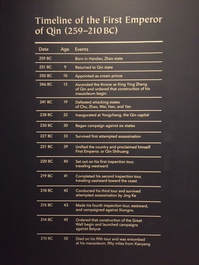


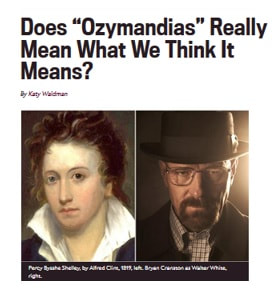



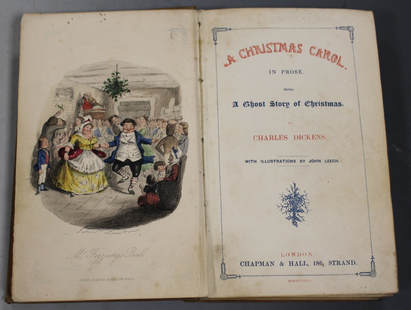

 RSS Feed
RSS Feed
